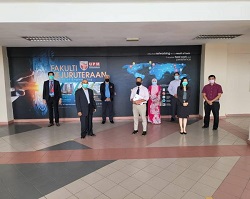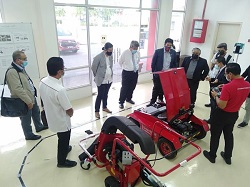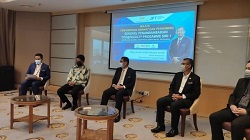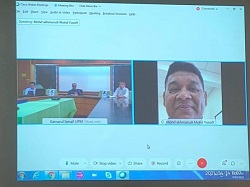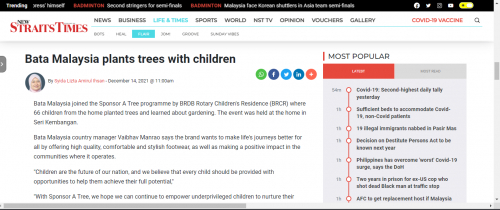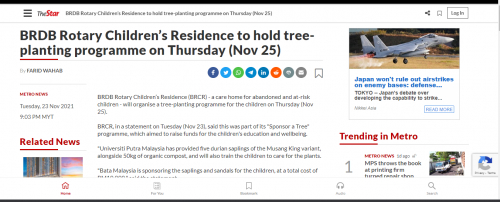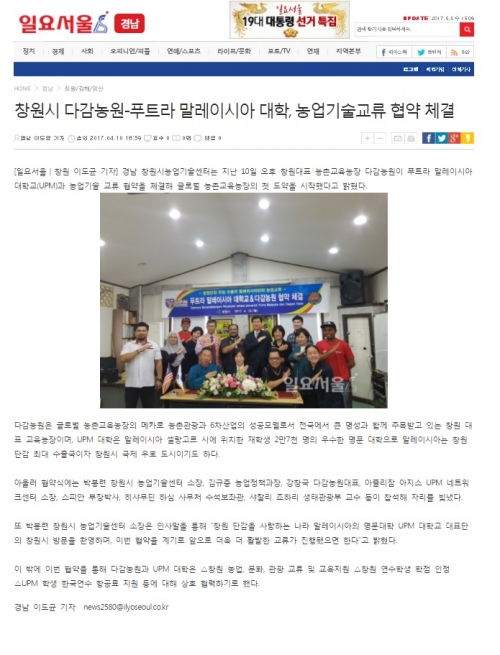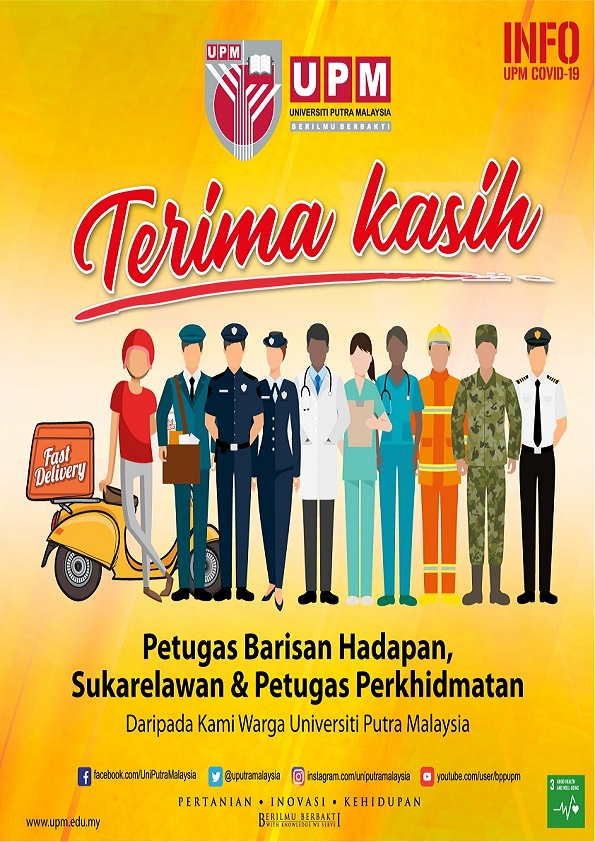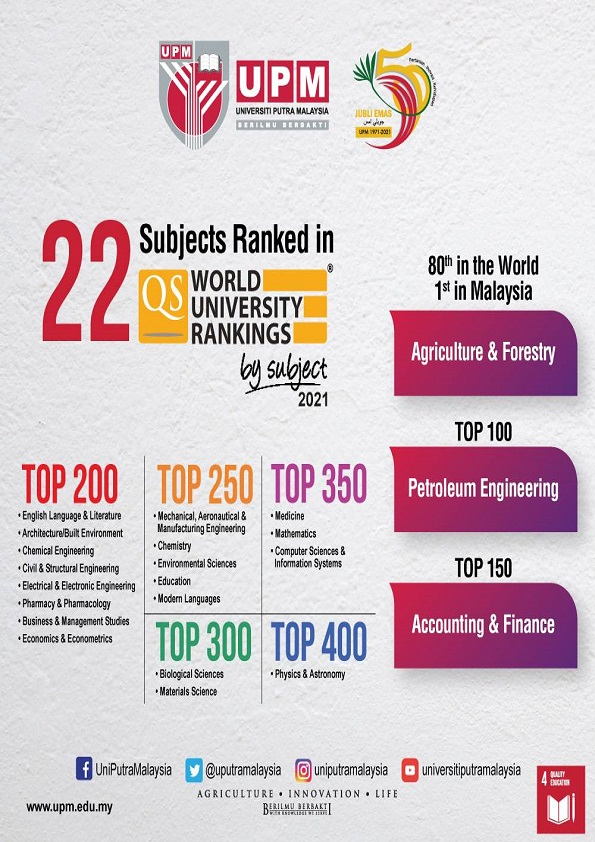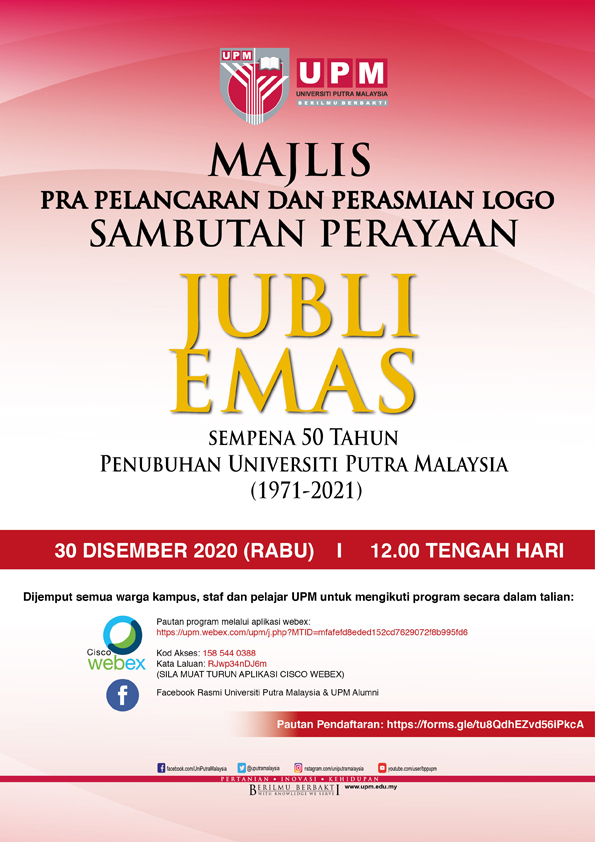Triggers of Changes in Industry-University Dynamics
In the constantly evolving landscape of industry and academia, the relationship between these two entities has undergone a profound transformation, evolving from a mere partnership to a dynamic force for transformative change. As we navigate the complexities of the year 2024, it becomes increasingly evident that the synergy between industry and universities holds the key to unlocking innovation, driving economic growth, and addressing pressing societal challenges.
One of the most significant drivers behind the transformative power of industry-university relations is the growing emphasis on interdisciplinary collaboration. Gone are the days when research was confined to narrow disciplinary boundaries. Today, researchers from diverse fields such as engineering, computer science, biology, and social sciences are coming together to tackle complex problems from multiple perspectives. This interdisciplinary approach not only fosters creativity and innovation but also enables the rapid translation of academic research into practical solutions that have a tangible impact on society.
Moreover, the advent of emerging technologies is revolutionizing the way industry and academia collaborate. Artificial intelligence, machine learning, big data analytics, and advanced manufacturing techniques are just a few examples of the cutting-edge tools that are reshaping the research landscape. These technologies are not only accelerating the pace of innovation but also enabling researchers to tackle problems that were once considered insurmountable. From developing personalized medicine to optimizing supply chain logistics, the possibilities are endless when industry and academia join forces to leverage the power of these technologies.
Furthermore, the global economy is undergoing a profound transformation, driven by rapid technological advancements, changing consumer preferences, and evolving regulatory landscapes. In this fast-paced environment, the ability to adapt and innovate is crucial for both businesses and academic institutions. Industry-university collaborations provide a unique opportunity for both parties to stay ahead of the curve by co-creating new knowledge, developing cutting-edge technologies, and fostering a culture of innovation.
In addition to driving technological innovation, industry-university partnerships also play a crucial role in shaping the future workforce. As industries evolve and new job roles emerge, educational institutions need to equip students with the skills and knowledge needed to succeed in the modern economy. By providing students with hands-on experience, industry exposure, and mentorship opportunities, these collaborations help bridge the gap between theory and practice, ensuring that graduates are well-prepared to meet the demands of the 21st-century workforce.
Furthermore, several other key aspects contribute to the transformative power of industry-university relations in 2024. The rise of open innovation and collaborative ecosystems has fostered closer ties between industry and academia, enabling organizations to tap into external expertise and resources to address complex challenges. Additionally, the growing recognition of the importance of diversity, equity, and inclusion has led to more diverse and inclusive partnerships, unlocking new sources of creativity and talent.
Moreover, the increasing emphasis on sustainability and corporate social responsibility has prompted companies to seek out partnerships with universities to drive progress towards environmental and social goals. From developing clean energy technologies to promoting sustainable agriculture practices, industry-university collaborations are advancing the sustainability agenda and addressing pressing global challenges.
Lastly, the rapid globalization of research and innovation networks has opened up new opportunities for industry-university collaborations on a global scale, allowing researchers from different parts of the world to collaborate seamlessly on joint projects.
In conclusion, the transformative power of industry-university relations in 2024 is driven by a combination of factors, including interdisciplinary collaboration, emerging technologies, open innovation, diversity and inclusion, sustainability, and globalization. By harnessing the collective expertise, resources, and creativity of industry and academia, these partnerships have the potential to drive meaningful change, fuel economic growth, and address some of the most pressing challenges facing society today and in the future.











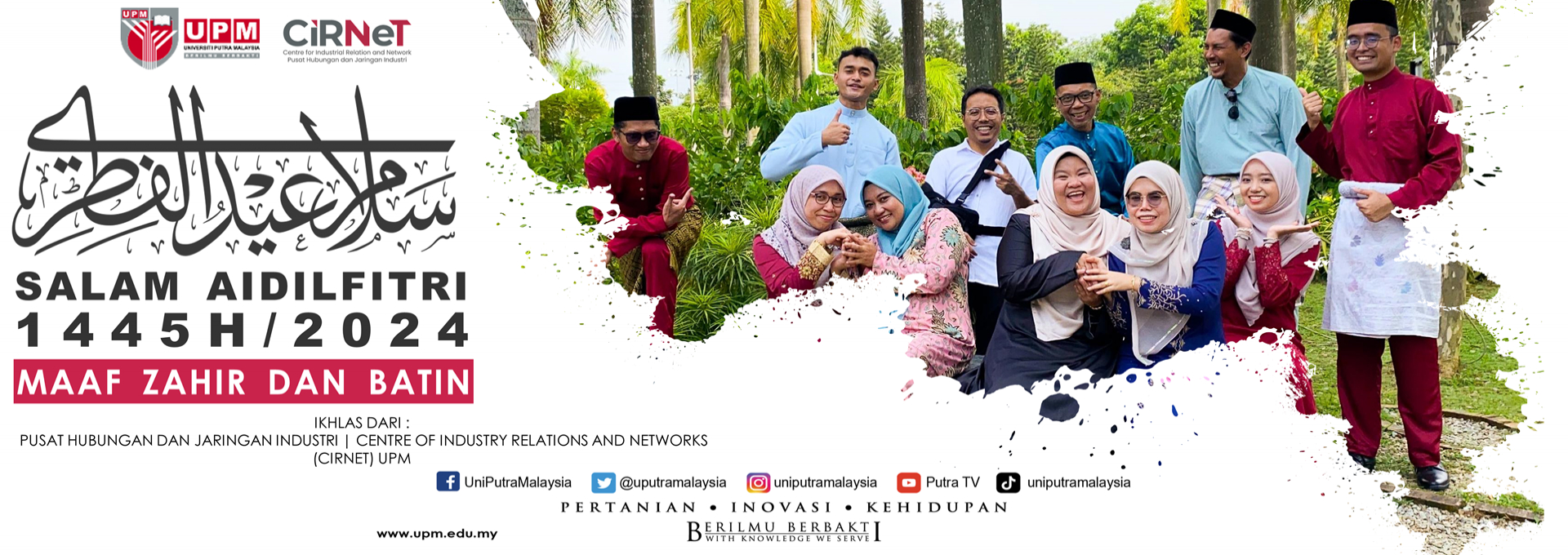
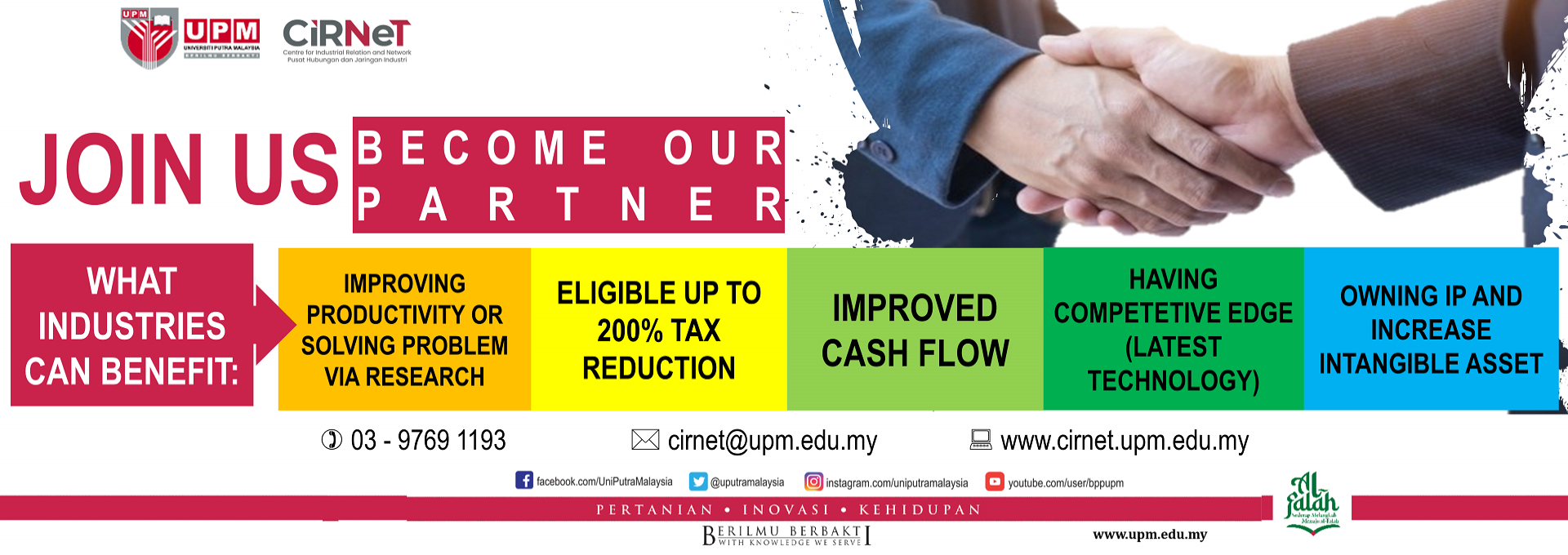
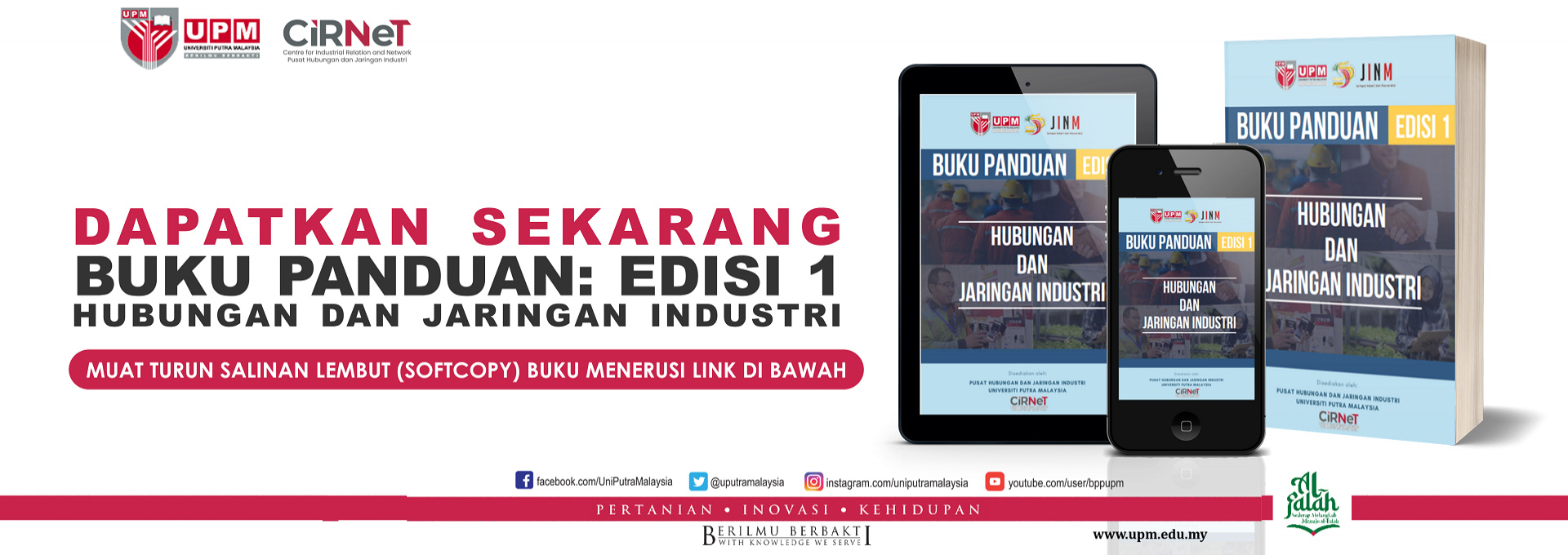
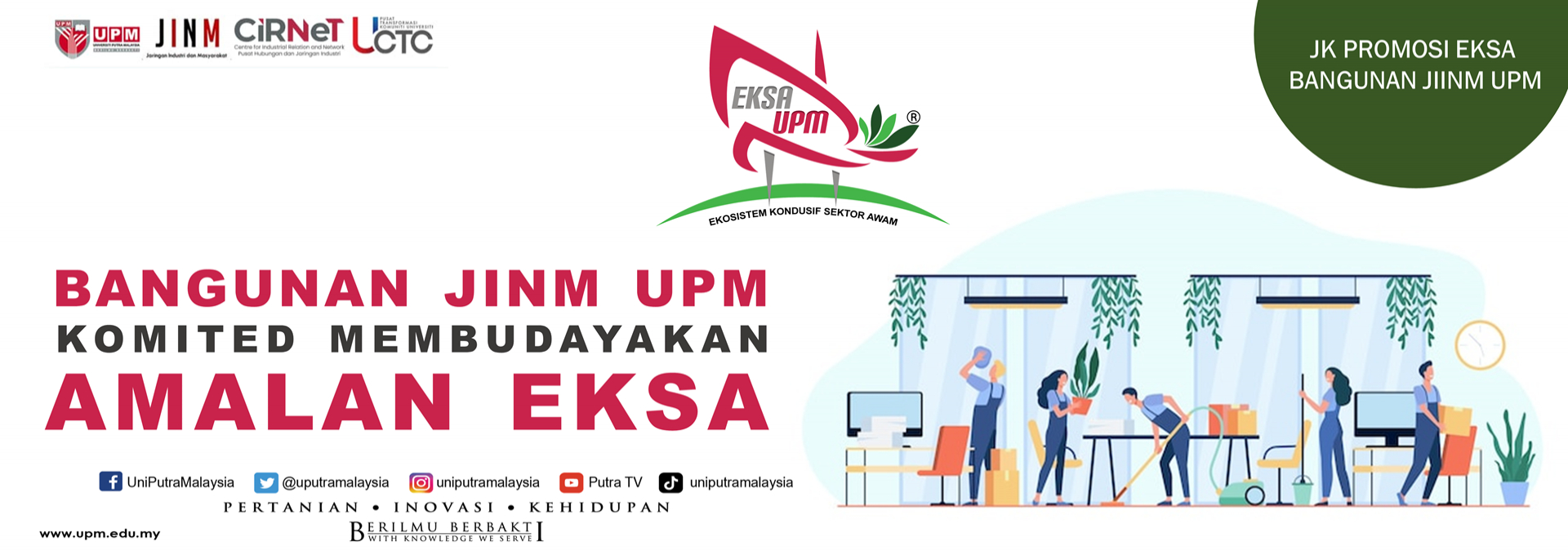
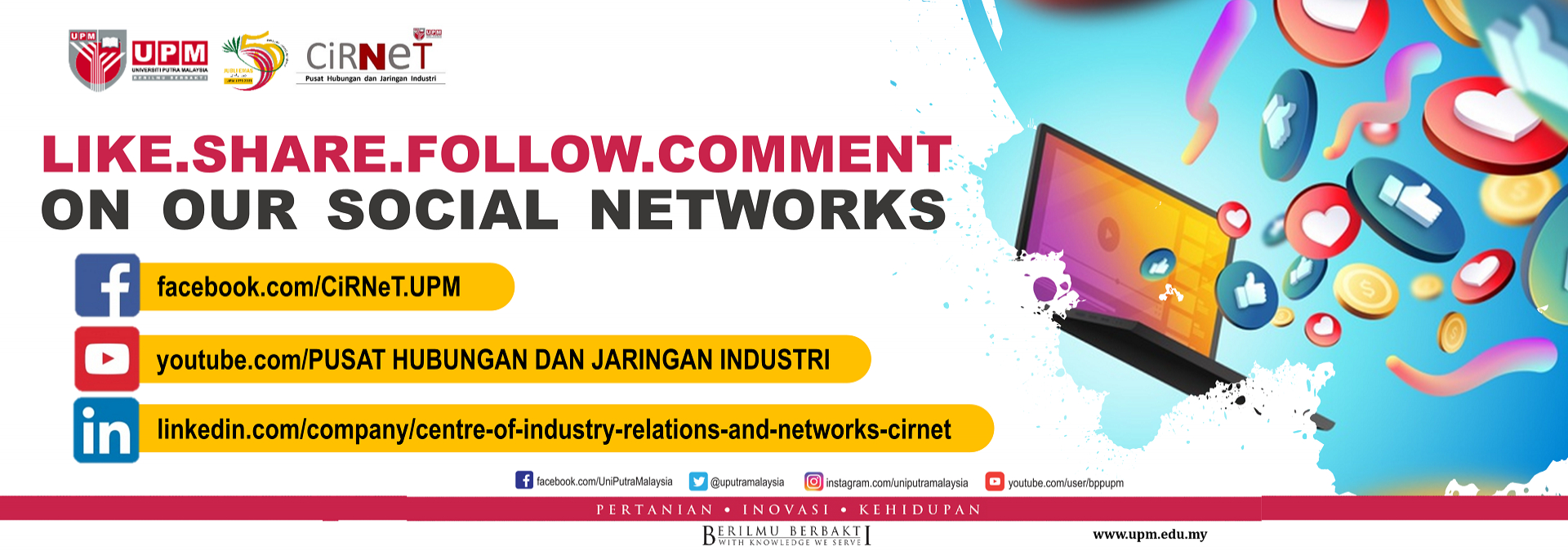
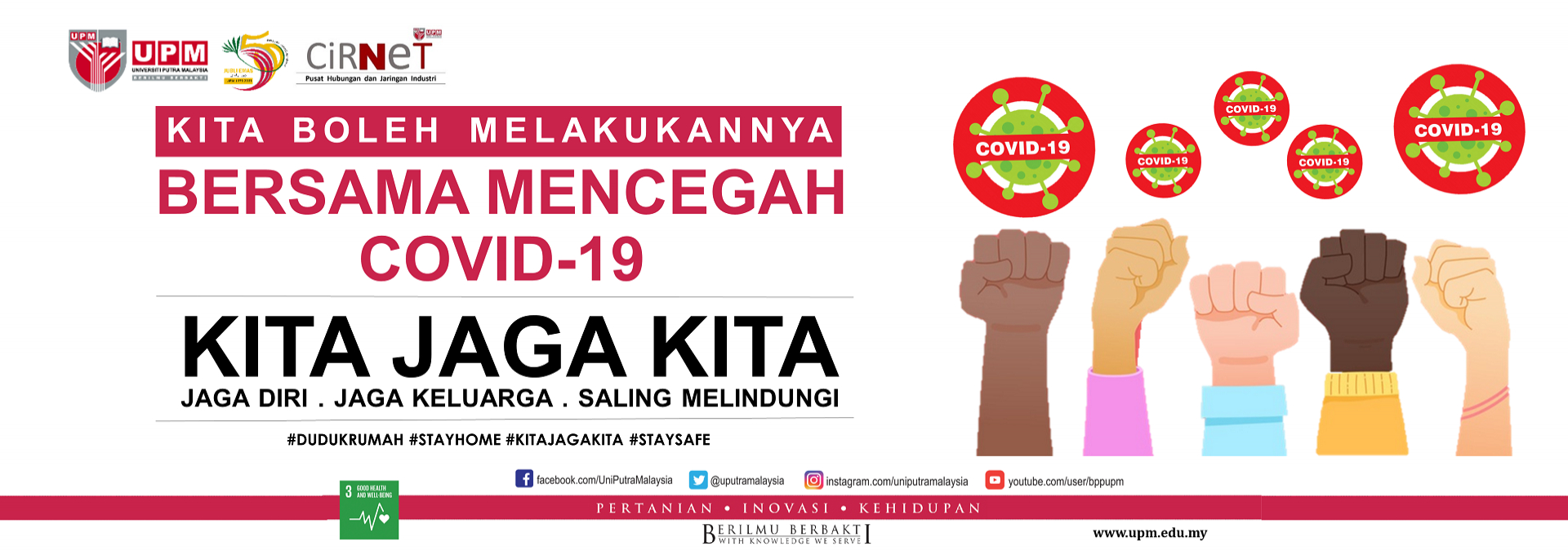
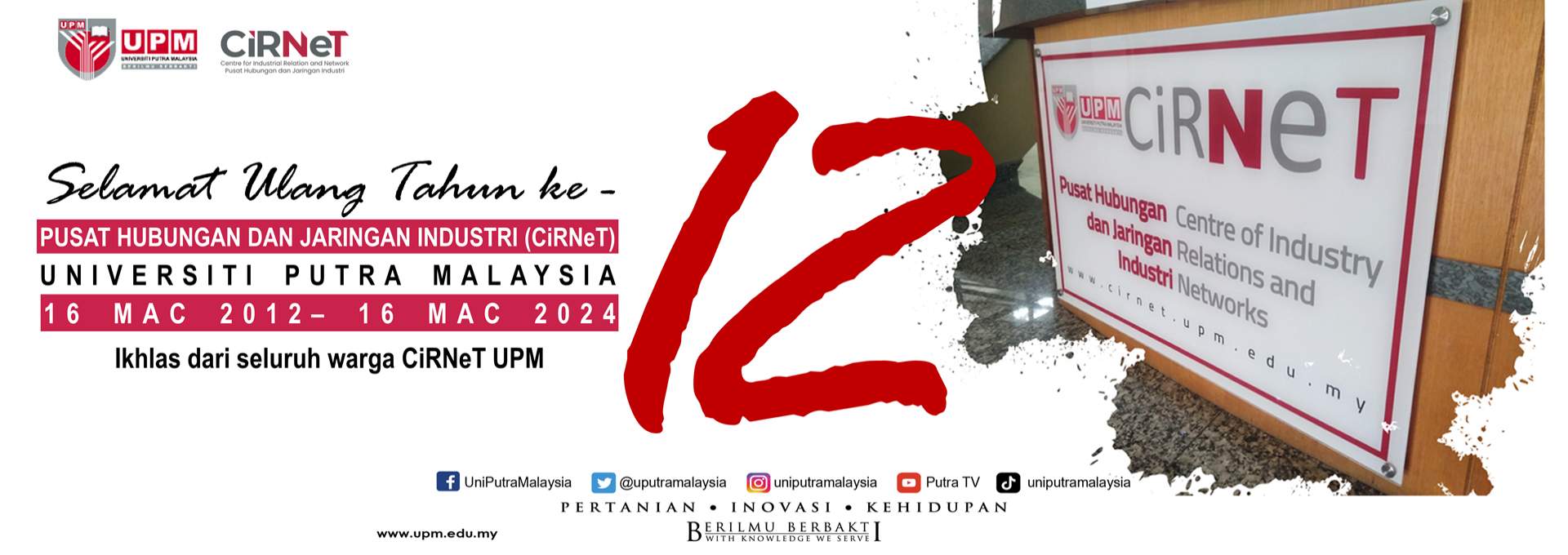
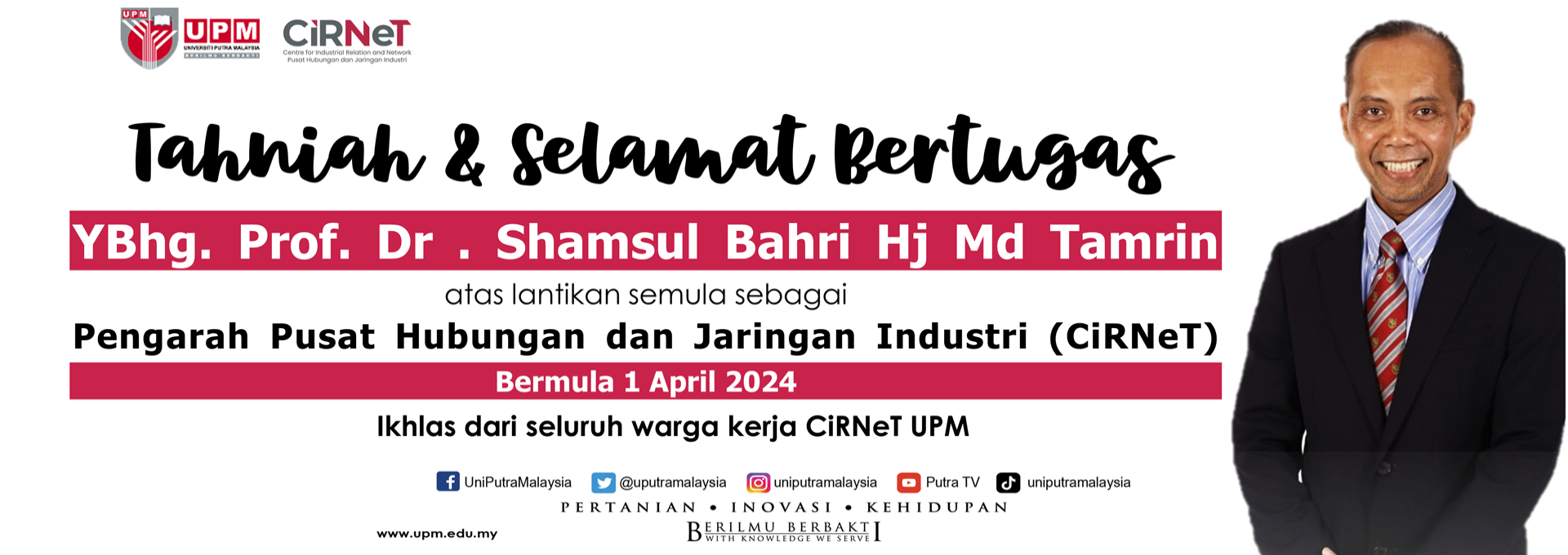

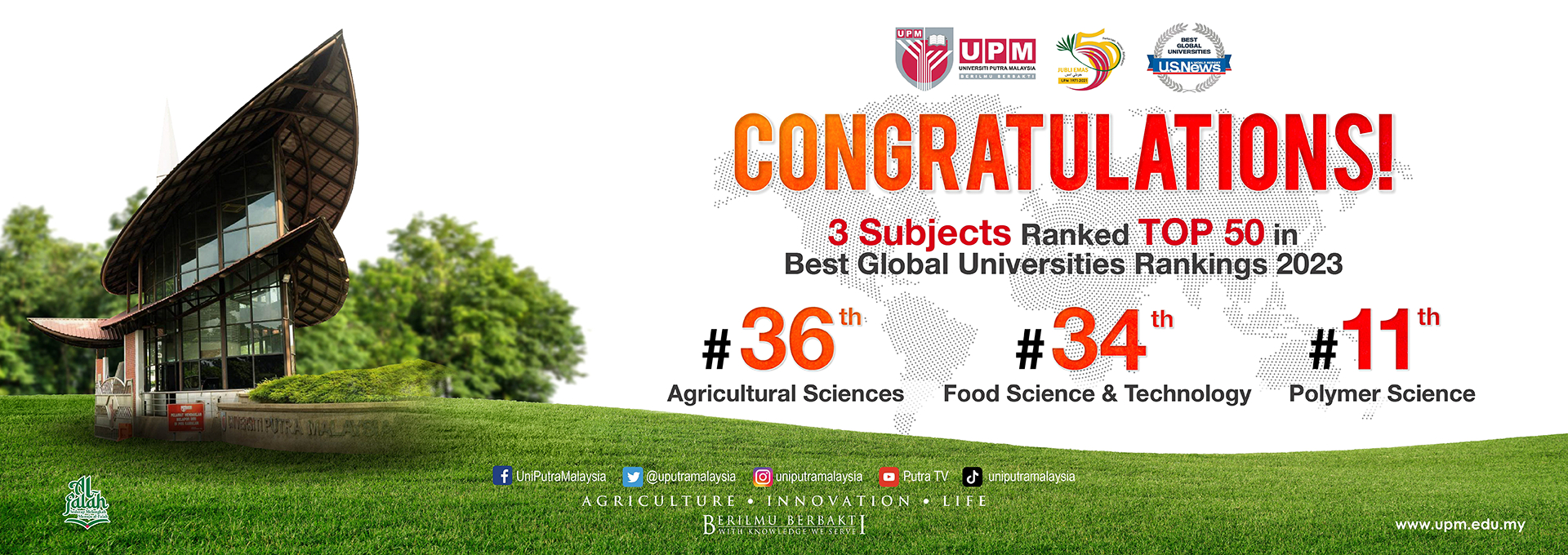

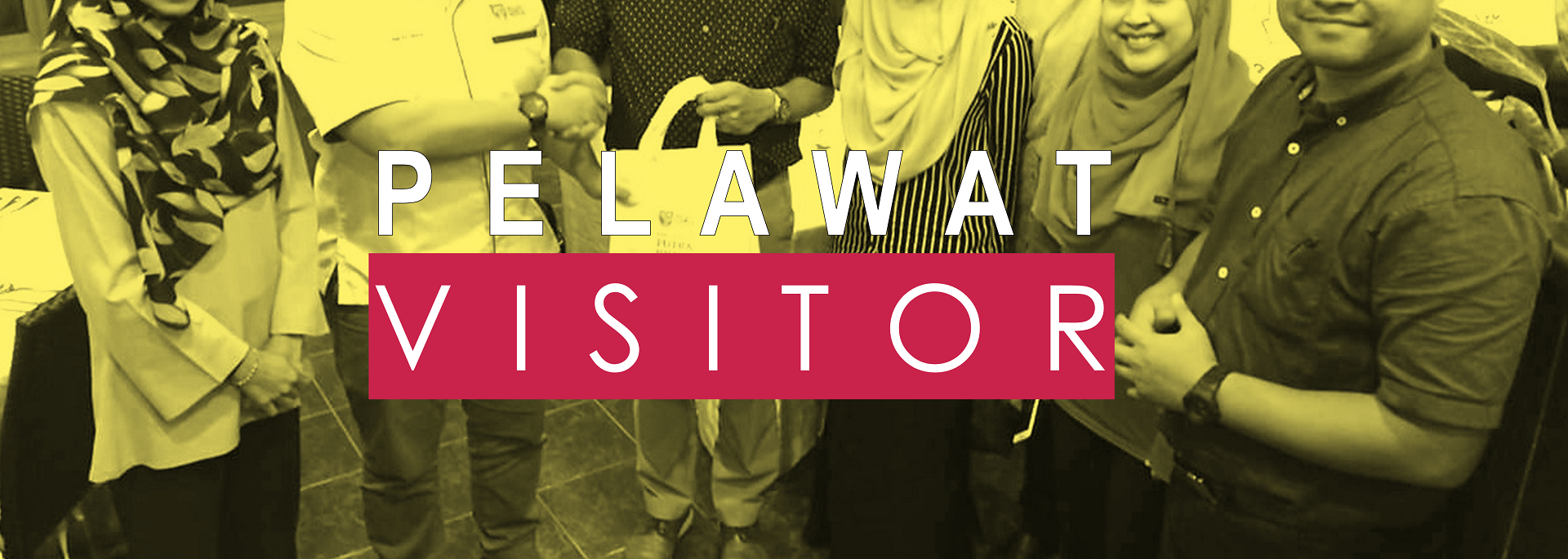
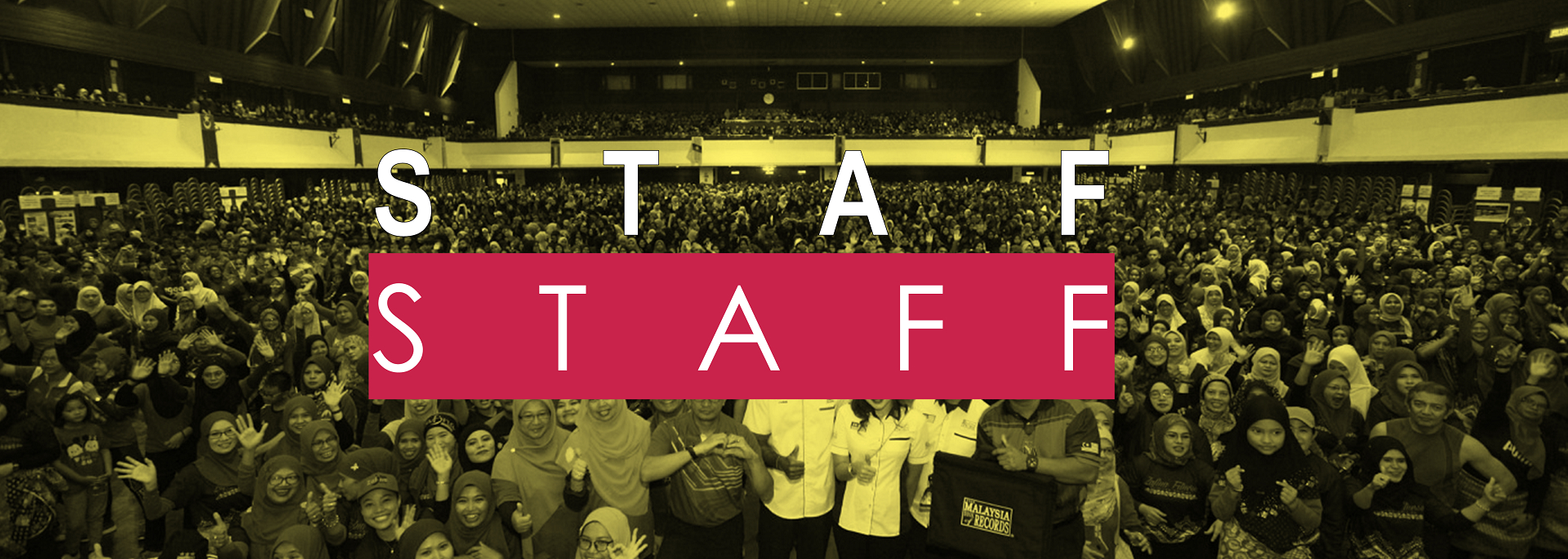
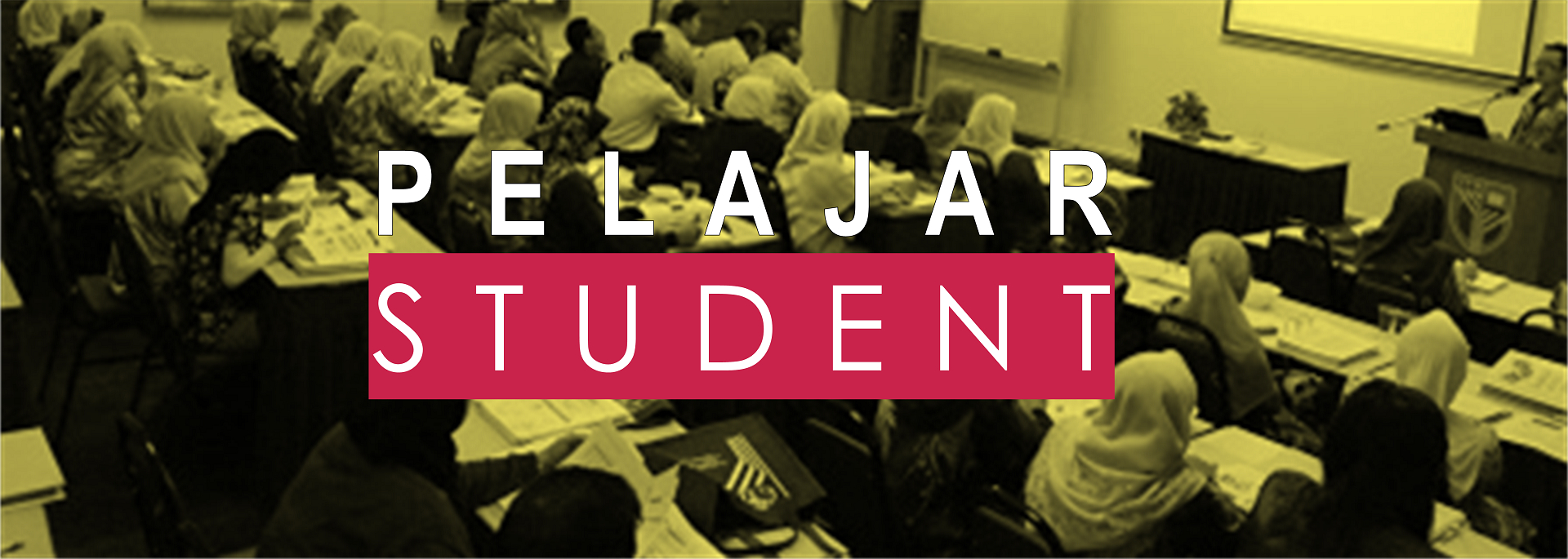
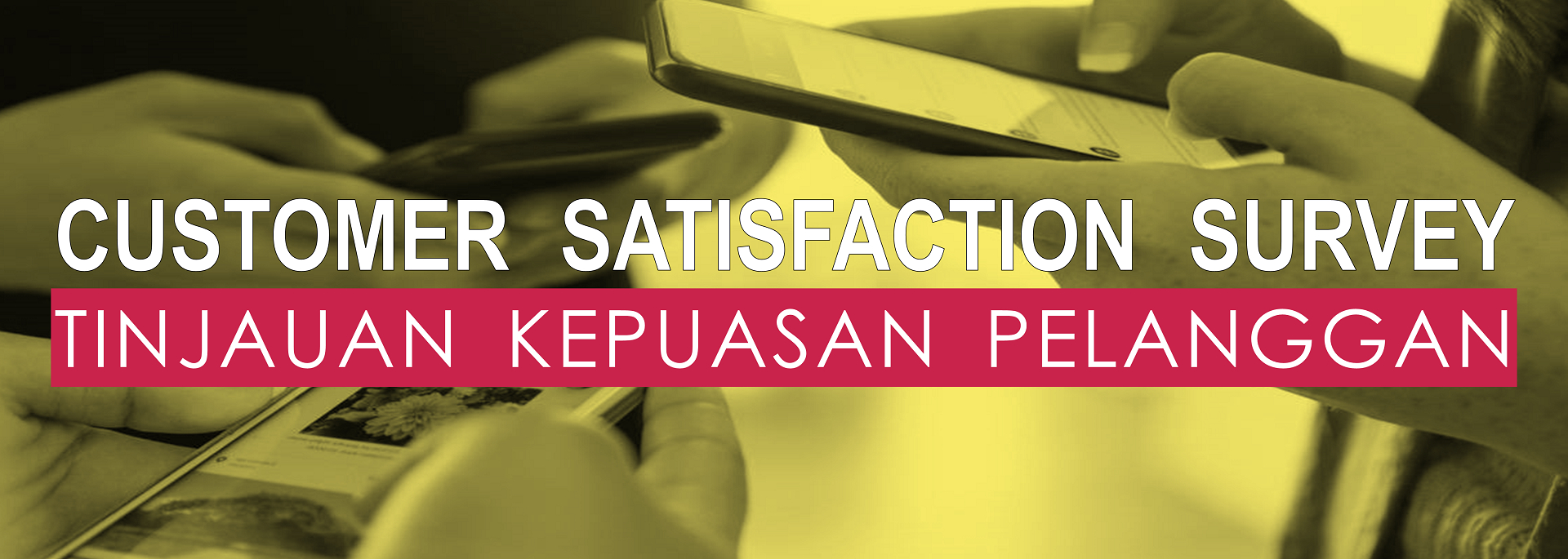
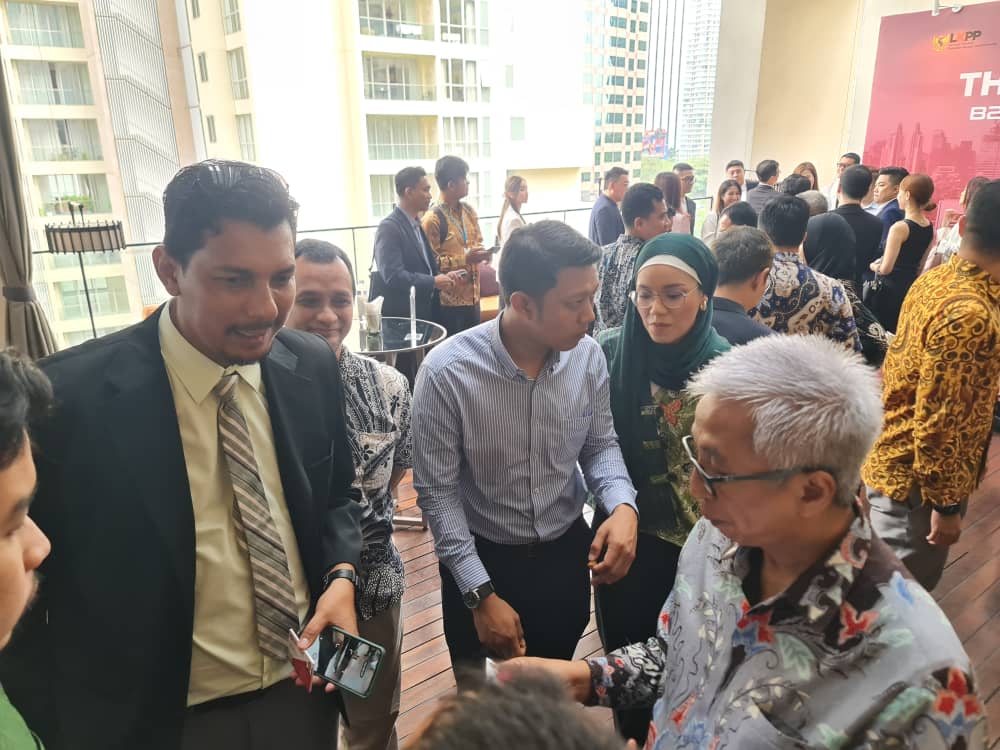
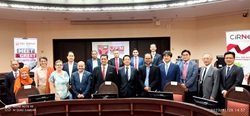
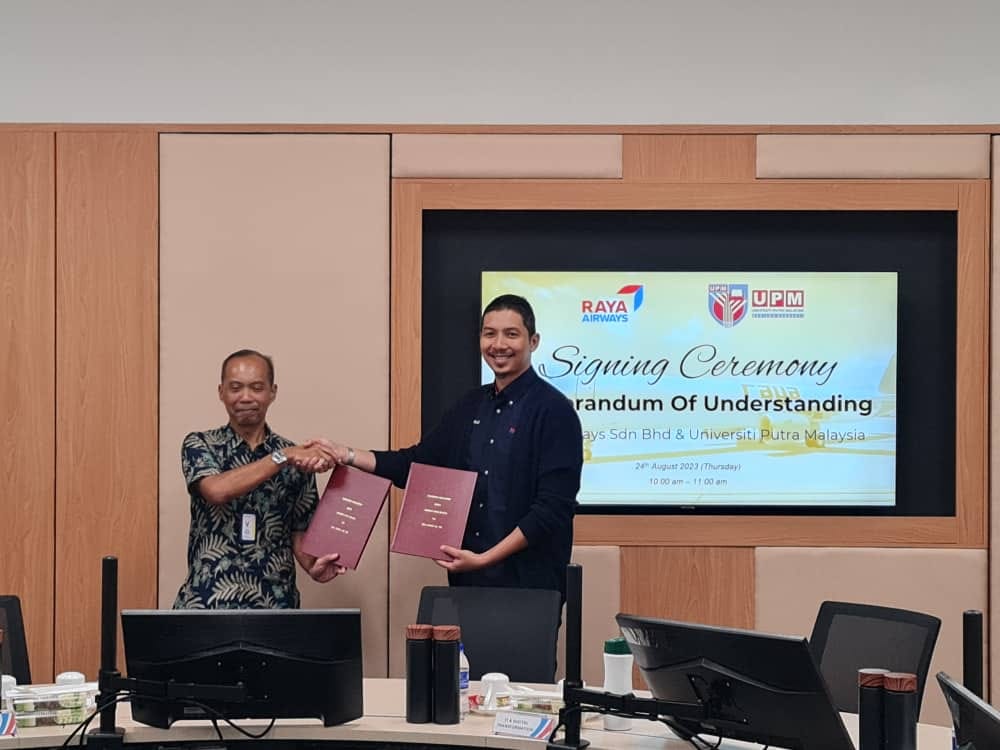
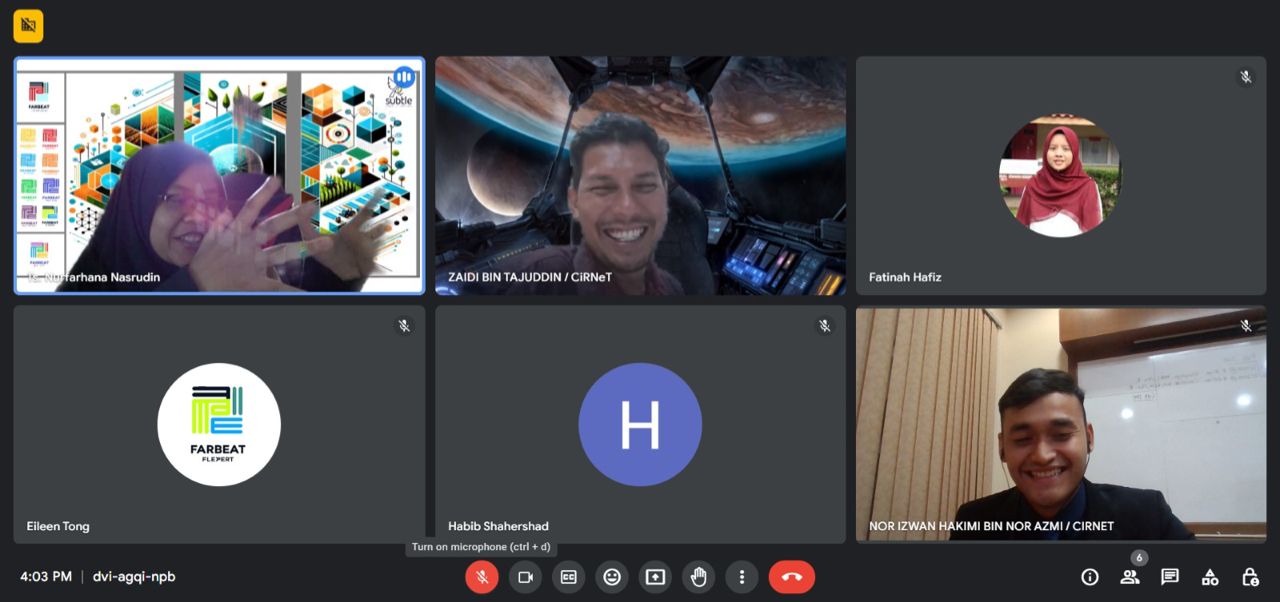
.jpeg)
.jpeg)
